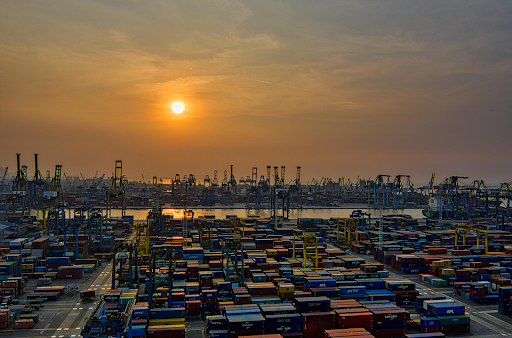In a nuanced defense aimed at the global business community, China has insisted that its new export controls on rare-earth minerals are “not a ban.” This careful choice of words is a strategic attempt to de-escalate the business implications of the policy while simultaneously standing firm against political pressure from the United States.
The clarification came directly from the commerce ministry, which is trying to contain the fallout after President Trump used the policy as a justification for his 100% tariff threat. By stating the measure is “not a ban,” Beijing is trying to reassure multinational corporations that their supply chains will not be completely severed.
The ministry went further, stating that “all applications of compliant export for civil use can get approval.” This is a crucial detail, as it signals to companies like Apple, Tesla, and others that if their use of these materials is for commercial products, they can likely still secure a supply. The message is that this is a surgical tool, not a blunt instrument.
This nuanced defense serves to isolate the Trump administration. It allows China to argue that Washington is overreacting and deliberately misinterpreting a legitimate regulatory measure for political gain. It paints the U.S. as the unreasonable actor, while China positions itself as a responsible manager of strategic resources.
Despite this clarification, the U.S. has not backed down from its “very hostile” characterization of the policy. The dispute over the meaning and intent of these controls remains at the heart of the conflict. China’s defense is nuanced, but in the current political climate, that nuance may be lost in the noise of the escalating trade war.

